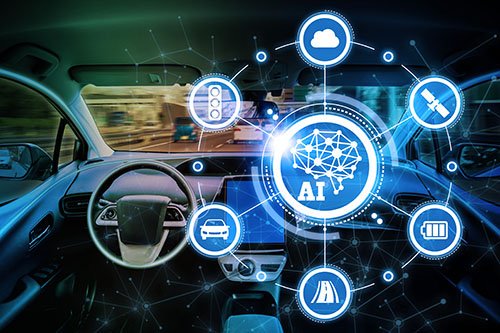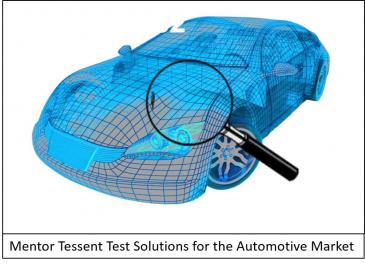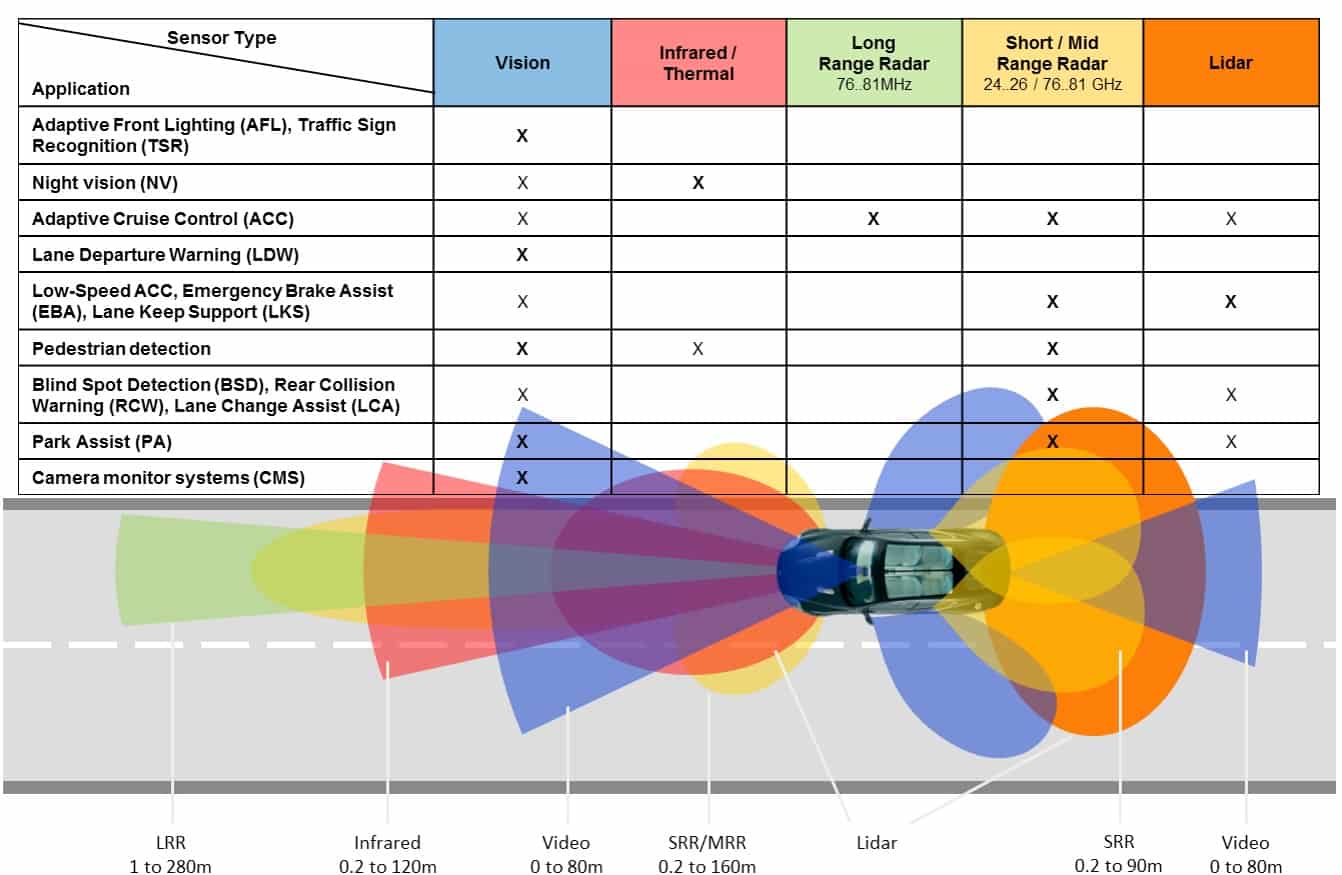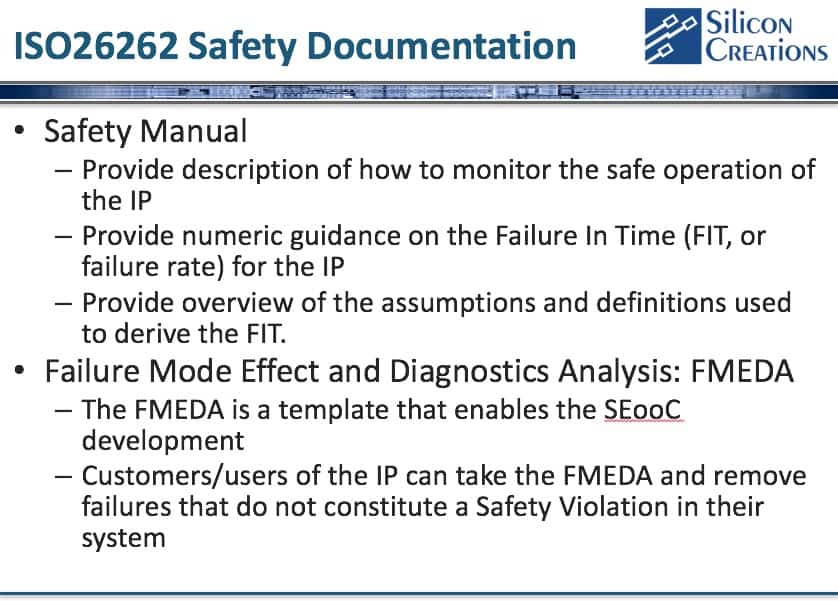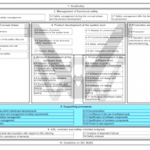My first car was a used 1971 Volvo 142 and probably did not contain more than a handful of transistors. I used to joke that it could easily survive the EMP from a nuclear explosion. Now, of course, cars contain dozens or more processors, DSP’s and other chips containing millions of transistors. It’s widely expected that the number … Read More
Tag: iso26262
Mentor Tessent MissionMode Provides Runtime DFT for Self-Correcting Automotive ICs
The automotive industry continues push the limits on how “smart” we can make our vehicles and from that, it follows as to how smart we can make the electronics in the vehicles. When I think of smart cars (and smart automotive ICs) I typically think of things like advanced driver-assistance systems (ADAS) that use AI and neural networks… Read More
Autonomous Vehicles Upending Automotive Design Process
The automotive industry has a history of bringing about disruptive technological advances. One only needs to look at the invention of the assembly line by Henry Ford to understand the origins of this phenomenon. Today we stand on the brink of a massive change in how cars operate and consequently how they are built. A number of automotive… Read More
Safety qualification for leading edge IP elements – presentation at REUSE 2017 in Santa Clara
To ensure the reliability of automotive electronics, standards like AEC-Q100 and ISO 26262 have helped tremendously. They have created rational and explicit steps for developing and testing the electronic systems that go into our cars. These are not some abstract future requirement for fully autonomous cars, rather they are… Read More
Webinar Preview: Alexa, can you help me build a better SoC?
Nothing is pushing complexity in system-on-chips (SoCs) designs like the drive (no pun intended) to make autonomous vehicles a widespread reality. Autonomous vehicle systems require heterogeneous architectures with reliable, efficient communications between CPU clusters, vision processing accelerators, storage and… Read More
Rob Bates on Safety and ISO26262
Most of us would agree that safety is important in transportation and most of us know that in automotive electronics this means ISO26262 compliance. But, except for the experts, the details don’t make for an especially gripping read. I thought it would be interesting to get behind the process to better understand the motivation,… Read More
Making Cars Smarter And Safer
The news media has naturally focused on the handful of deaths that have occurred while auto-pilot features have been enabled. In reality, automobile deaths are occurring at a lower rate now than ever. In 2014 the rate was 1.08 deaths per 100 million miles driven. Compare that to the 5.06 per 100M miles in 1960, or a whopping 24.09 in… Read More
Mentor Webinar Series: Integrating the Systems Engineering Flow
Product lifecycle management is probably not the most gripping topic for most design engineers. You want to get on with architecture, design, verification and implementation. But if you are building products for any safety-sensitive application in a car, a medical appliance, avionics, railway applications in Europe – to name… Read More
CEO Interview: Charlie Janac of Arteris
When Charlie Janac talks, people listen, absolutely. Charlie’s 30 year career spans EDA, IP, semiconductor equipment, nano-technology, and venture capital. For the last 11 years he has been CEO of interconnect IP provider Arteris who invented the industry’s first commercial network on chip (NoC) SoC interconnect IP… Read More
Supernovae and Safety
Whenever we push the bounds of reliability in any domain, we run into new potential sources of error. Perhaps not completely new, but rather concerns new to that domain. That’s the case for Single Event Upsets (SEUs) which are radiation-triggered bit-flips, and Single Event Transients (SETs) which are radiation-triggered pulses… Read More


